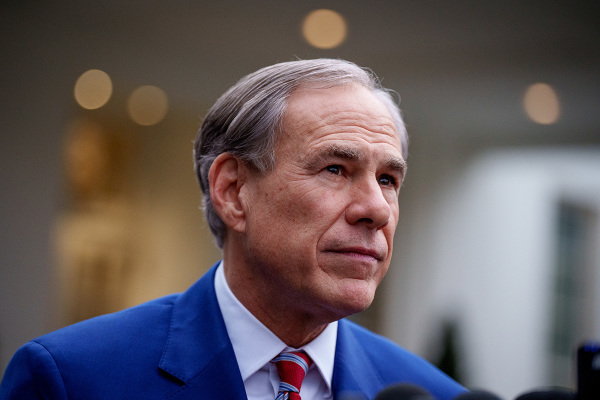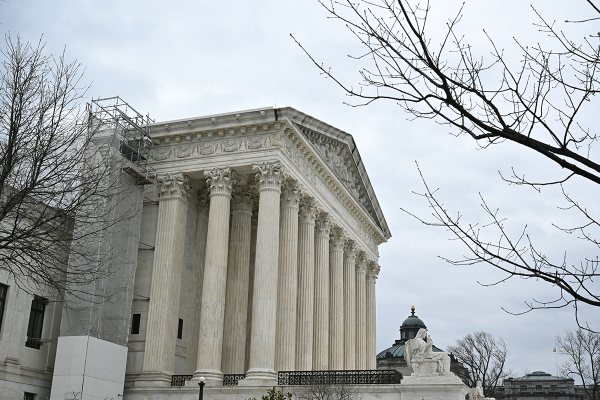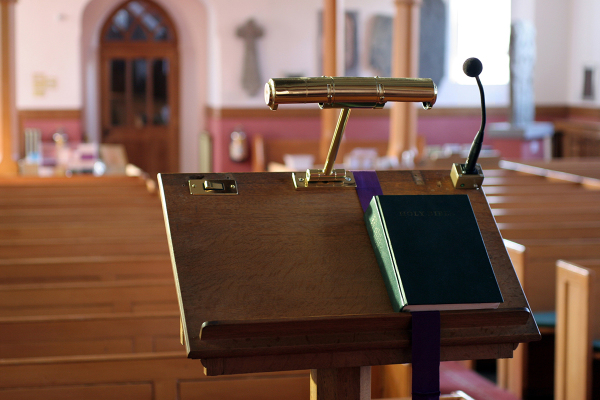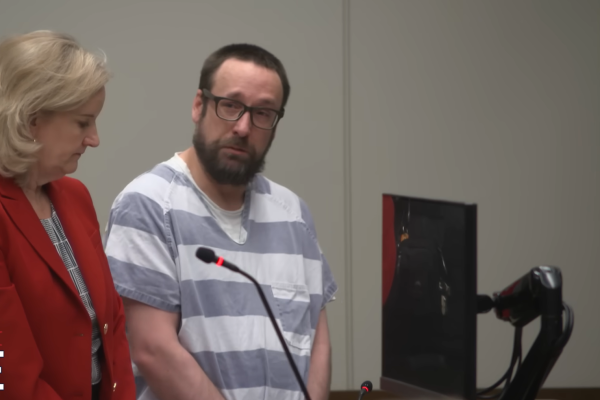Christians Facing Uncertainty After Major Conservative Islamic Victory in Jakarta Elections
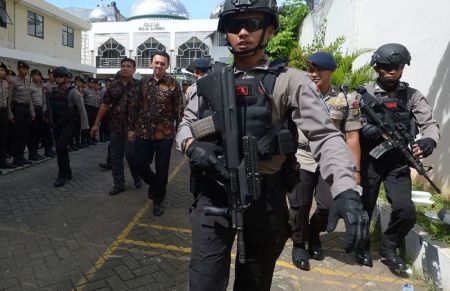
Christians in Indonesia, the world's most populous Muslim nation, have been left staring at an uncertain future following the election defeat of Basuki Tjahaja "Ahok" Purnama, the soon to be former Christian governor of Jakarta.
"The challenge now as we come out of this election ... is just the challenge of, what political rights are Christians going to have moving forward? Was this simply a political election where one person put forward their ideas, another person put forward their ideas, and the voters went for the other guy?" Todd Nettleton of Voice of the Martyrs USA posed in an article for Mission Network News on Thursday.
"Or how much did it play into the fact that this was a Christian and that radical Muslims within Indonesia are saying, 'We shouldn't have a Christian in this leadership role. As a Muslim, you should vote for a Muslim, regardless of what their politics are.'"
As CNN reported, Ahok conceded his loss in a re-election bid on Wednesday, which is being seen as a victory for the country's conservative Islamic population.
Tobias Basuki, a researcher at the Center for Strategic and International Studies, said that Ahok's defeat to Anies Baswedan, a former Indonesian education and culture minister, could very well encourage the use of religion as a political tool.
"There will not be any drastic changes to Jakarta, Anies will not apply Sharia law, but now this is a steep learning curve for politicians and political parties at seeing how [effective] religious issues are, even when used against an incumbent who was performing very well," Basuki offered.
Nettleton argued that while Indonesian Christians enjoy legal freedoms in most parts of the country, the government has been placing pressure on Christian communities.
"They often use sort of zoning laws, property laws. There are some parts of Indonesia where, if you're going to build a church, you need a certain percentage of your neighbors to sign off on the idea that, yes, there's going to be a Christian building, a Christian church in our neighborhood," he said, adding that Christians also often face social pressures from the Muslim majority.
"I think that's the question Christians are asking is, 'Okay, what's our role in the society as a whole? Is this idea of Pancasila dead? Or are we still trying to live in harmony side-by-side?'" he added, referring to efforts to bring Christians and Muslims together in peace.
Religious tensions were evident in the weeks before Jakarta's elections, with thousands of hardline Muslims marching on the streets of the Indonesia capital at the end of March, calling for Ahok to be jailed over a blasphemy case.
"We are not cowed by the arrest of our leaders," one Islamic protester was quoted as saying. "We'll keep fighting for the dignity of Islam. There's no room for kafir (unbeliever) to lead in this nation."
The charges against Ahok stemmed from an edited version of comments he made at a November rally that went viral on Indonesian social media, though he later affirmed he was not trying to insult Islam.
Ian Wilson, research fellow at Australia's Murdoch University Asia Research Center, told CNN that Ahok's election loss might have at least subdued hardline groups for the time being.
"There's relief on all fronts because if Ahok had won, it was very likely there would have been an angry and potentially violent reaction from some (conservative Muslim) groups," Wilson said.
"When I was in the stronghold of the anti-Ahok movement, they were implying they're willing to hit the streets and all the rest of it. Now Anies has won, they're pretty relaxed."











